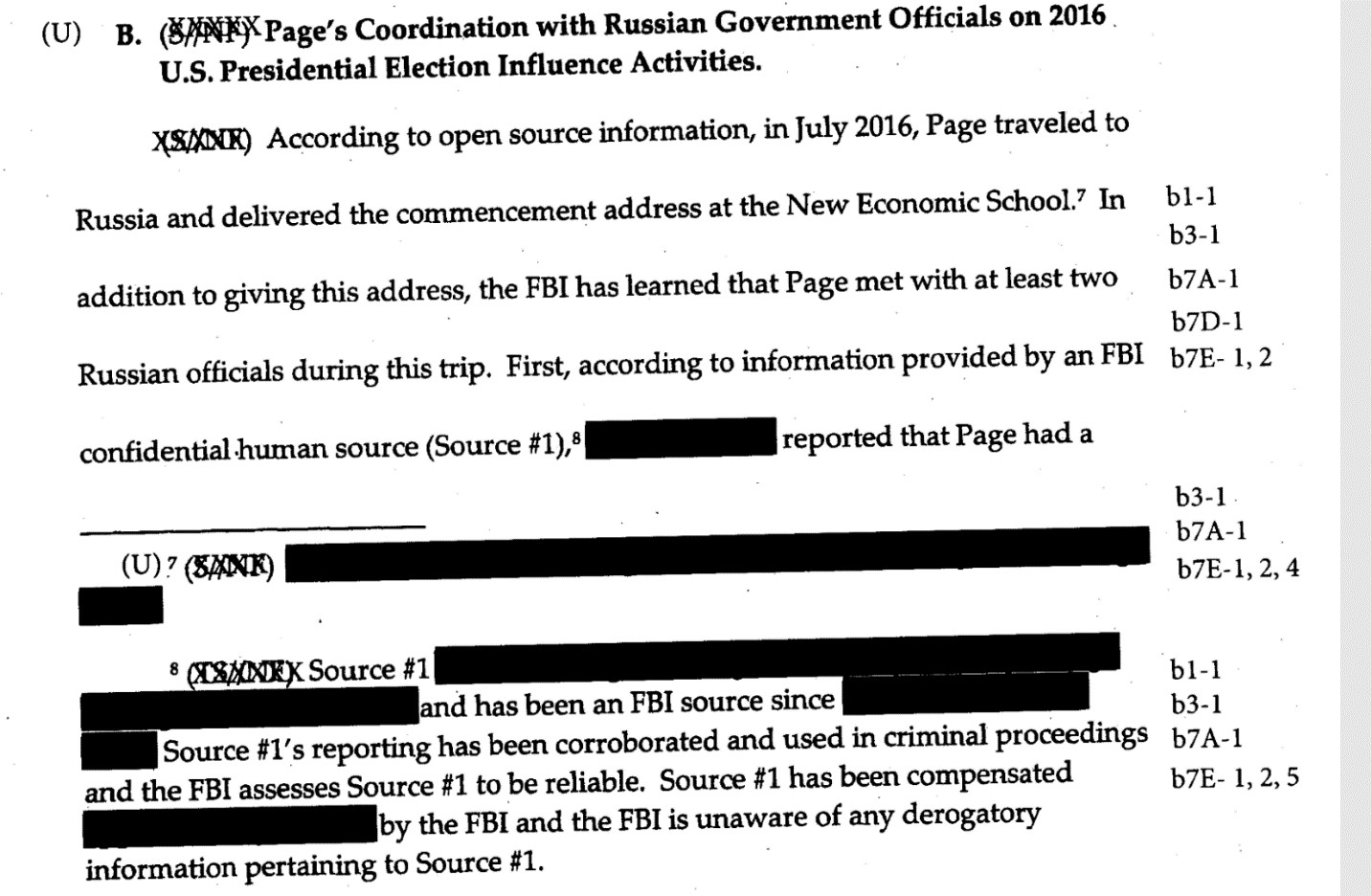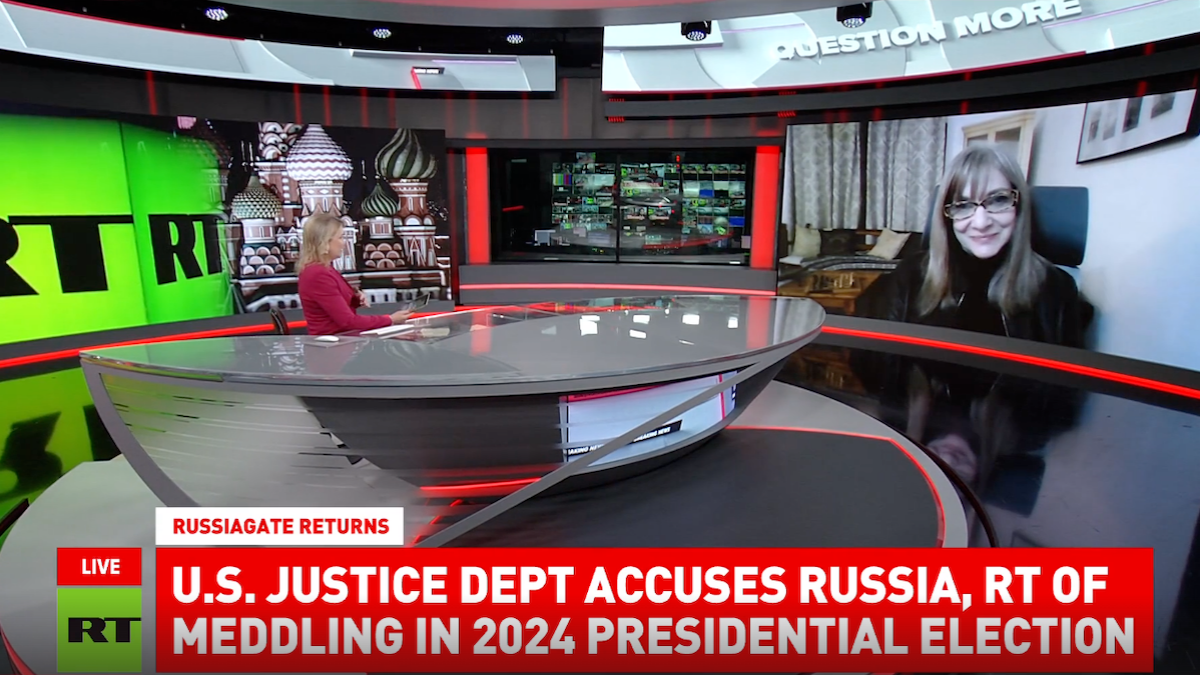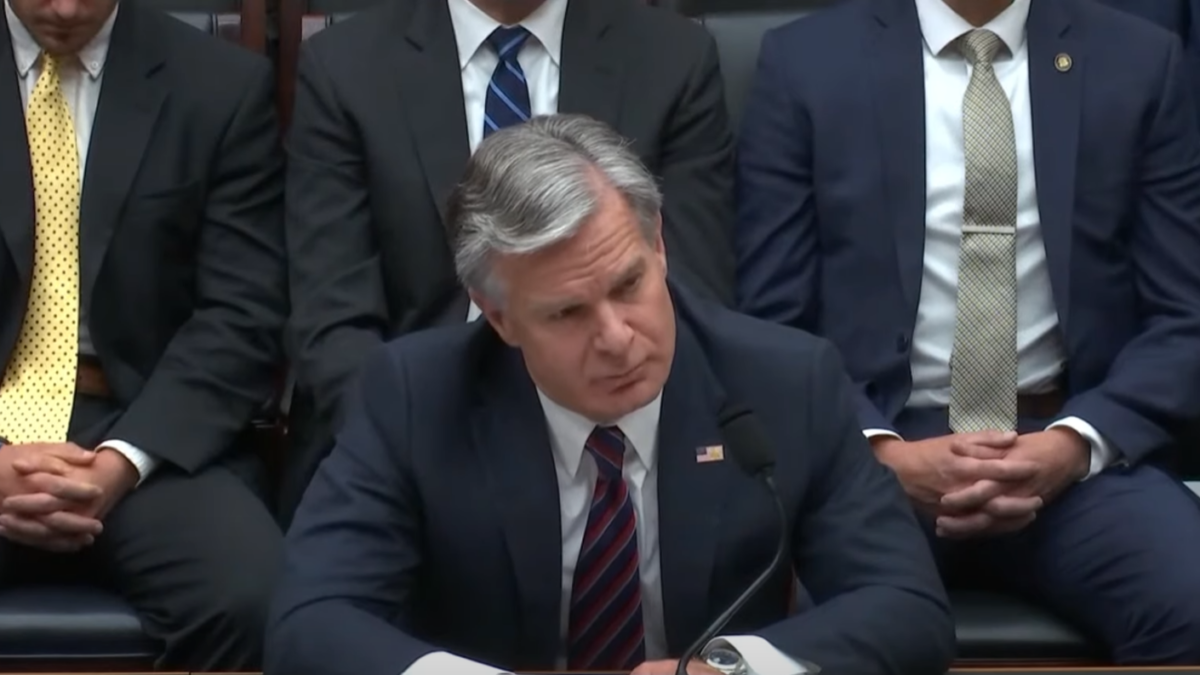
Last year, Rep. Devin Nunes exposed the Department of Justice’s use of the Hillary Clinton-funded Christopher Steele dossier to obtain orders to surveil former Trump campaign foreign policy advisor Carter Page. Recently released transcripts of congressional testimony now raise the specter that the FBI also used Nellie Ohr’s opposition research in the FISA applications.
Over the last month, Georgia Republican Doug Collins, the top Republican on the House Judiciary Committee, has released a series of transcripts, including that of Department of Justice lawyer Bruce Ohr and his wife Nellie Ohr. In his congressional testimony, Bruce confirmed that he and his wife met with former MI6 spy Steele on July 30, 2016, and that during that breakfast meeting Steele shared his initial research on supposed connections between Trump and Russia. Bruce said within days he passed Steele’s information to the FBI’s then-deputy director Andrew McCabe, and that after the FBI terminated Steele as a source, Steele continued to feed Bruce information he relayed to the FBI.
During his testimony, Bruce also confirmed that his wife Nellie worked for Fusion GPS—the firm that had hired Steele to collect opposition research on Trump for the Democratic National Committee and Hillary Clinton. The DOJ attorney also revealed that after the FBI launched an investigation into the Trump campaign, his wife handed him a flash drive consisting of the Trump-Russia research she had compiled for Fusion GPS. Bruce passed Nellie’s opposition-funded research on to the FBI.
How the FBI used Nellie’s research is unclear, but a close examination of Nellie’s congressional testimony, the Steele dossier, and the FISA applications raises the real possibility that the FBI used Nellie’s work product to obtain a court order to surveil Page.
In her testimony, Nellie stated that in researching Trump and possible connections he, his family, his business, or his campaign had with Russia, she reviewed open-source material and, independent of Steele, discovered that then-campaign foreign policy advisor Page had traveled to Moscow in July 2016. While in Moscow, according to Nellie’s research, Page spoke at a university. Nellie explained that her research matched Steele’s claim that Page was in Russia in July 2016.
Steele, of course, went much further, claiming that while in Moscow Page met with Igor Sechin, a close associate of Vladimir Putin, and that the two discussed lifting sanctions against Russia. Steele’s dossier also maintained that Page spoke with Divyekin about Russia releasing damaging information about Hillary Clinton to the Trump campaign.
In seeking a FISA order to surveil Page, the DOJ relied extensively on the Steele dossier, and Page’s purported interactions with Sechin and Divyekin, telling the secret court that “the FBI has learned that Page met with at least two Russian officials during this trip.” In an extended footnote, the FISA application also discussed Steele’s role as the source of this information.
However, immediately preceding the discussion of Steele’s “intel,” the FISA application stated that “[a]ccording to open source information, in July 2016, Page traveled to Russia and delivered the commencement address at the New Economic School.” This claim mirrors Nellie’s testimony of her open source research, leading one to wonder whether the FBI relied on Nellie’s Democratic-funded opposition research in crafting the FISA application.
It is impossible to tell from the FISA application because the footnote related to that passage is entirely redacted—even though it came from “open source information!” Why? What lies beneath the redaction? And what other details included in the FISA applications might have their genesis in the reports Nellie complied for Clinton and the DNC?

Further, even if the FBI did not rely on Nellie’s research, the fact that publicly available information revealed Page’s trip to Moscow underscores the deficiencies in the FISA applications. The FISA applications relied extensively on Steele’s unverified dossier, including hearsay from sub-sources of unknown reliability.
Also, while there was no corroboration of the sub-sources’ tips regarding Page’s purported criminal conduct, the FISA applications sought to strengthen the believability of the unverified claims by highlighting Page’s presence in Moscow at the time of his supposed meeting with Putin’s associations. Yet such open source information cannot legally corroborate an informant’s tip. The DOJ and FBI knew this, but then again, they also knew better than presenting the unverified Steele dossier to the FISA court.
Americans concerned with the rule of law and the abuse of power running rampant during the Russia collusion investigation have long condemned the government for relying on the Steele dossier. Now they must ask themselves whether Nellie Ohr’s research also paved the way for the government to spy on Page.









